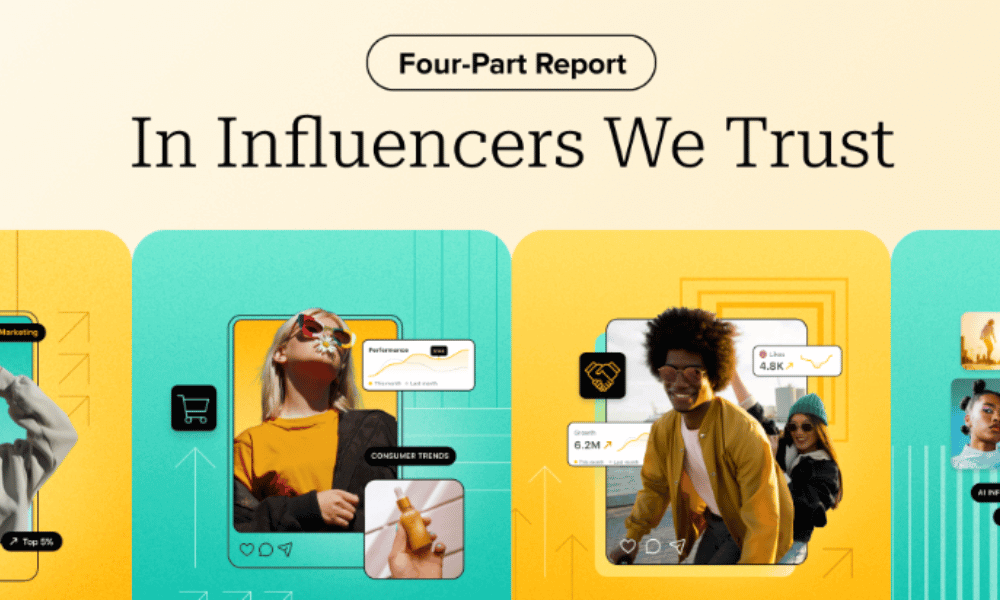Lifestyle
Influencers Significantly Drive Purchase Decisions in US, UK

Influencers are no longer just social media personalities; they’ve become pivotal players in shaping consumer purchasing decisions, a recent study by Sprout Social reveals. The 2024 Influencer Marketing Report sheds light on the significant impact influencers wield, particularly among younger demographics. While the study primarily focuses on the US and UK markets, its implications extend globally, including to the Indian audience.
Consumer Purchasing Behavior
The report, based on surveys conducted among 2,000 consumers and 300 influencers, underscores the sway influencers hold over consumer spending. Key findings indicate that 49% of consumers in the US and UK make purchases on a daily, weekly, or monthly basis due to influencer posts. Furthermore, 30% of respondents express increased trust in influencers compared to just six months ago.
Consumer Purchasing Behavior
| Frequency of Purchases Due to Influencer Posts | Percentage |
| Daily | 18 |
| Weekly | 21 |
| Monthly | 10 |
Influence on Gen Z
The report underscores the growing importance of Gen Z consumers in the influencer marketing landscape. Gen Z exhibits higher trust in influencers and a propensity for making daily or weekly purchases influenced by influencer content. Notably, 87% of Gen Z consumers express willingness to buy from brands collaborating with influencers beyond social media, indicating a shift in traditional brand spokesperson roles.
Influencers as Brand Advocates
Scott Morris, CMO of Sprout Social, emphasizes the invaluable role of influencers in building consumer trust. He asserts that brands integrating influencers into their strategies, both on and off social media platforms, stand to gain significant benefits as consumer trust evolves.
Customer Engagement and Feedback
Beyond driving purchases, influencers are increasingly becoming channels for customer care. Gen Z and frequent purchasers prefer sharing product feedback with influencers over brands directly, signaling a need for brands to align their customer service efforts with influencer collaborations.
Attitudes toward AI Influencers
The rise of generative AI introduces AI-generated influencers, eliciting mixed consumer sentiments. While 37% express interest in brands using AI influencers, an equal proportion harbor distrust. The remainder remains indifferent, highlighting the need for transparent and authentic influencer-brand interactions.
Platform Preferences and Content Engagement
Instagram remains the dominant platform for influencer engagement, particularly among younger demographics. However, platform preferences vary by age, with Gen Z gravitating towards TikTok. Content preferences also differ, with genuine reviews and discount offers garnering the most engagement.
Note: The data referenced was collected online by Cint on behalf of Sprout Social from February 13, 2024, to February 20, 2024.
Disclaimer: The findings presented in this report are based on surveys conducted in the US and UK markets. While the insights are valuable for understanding global influencer trends, cultural nuances may influence consumer behavior in other regions, including India.